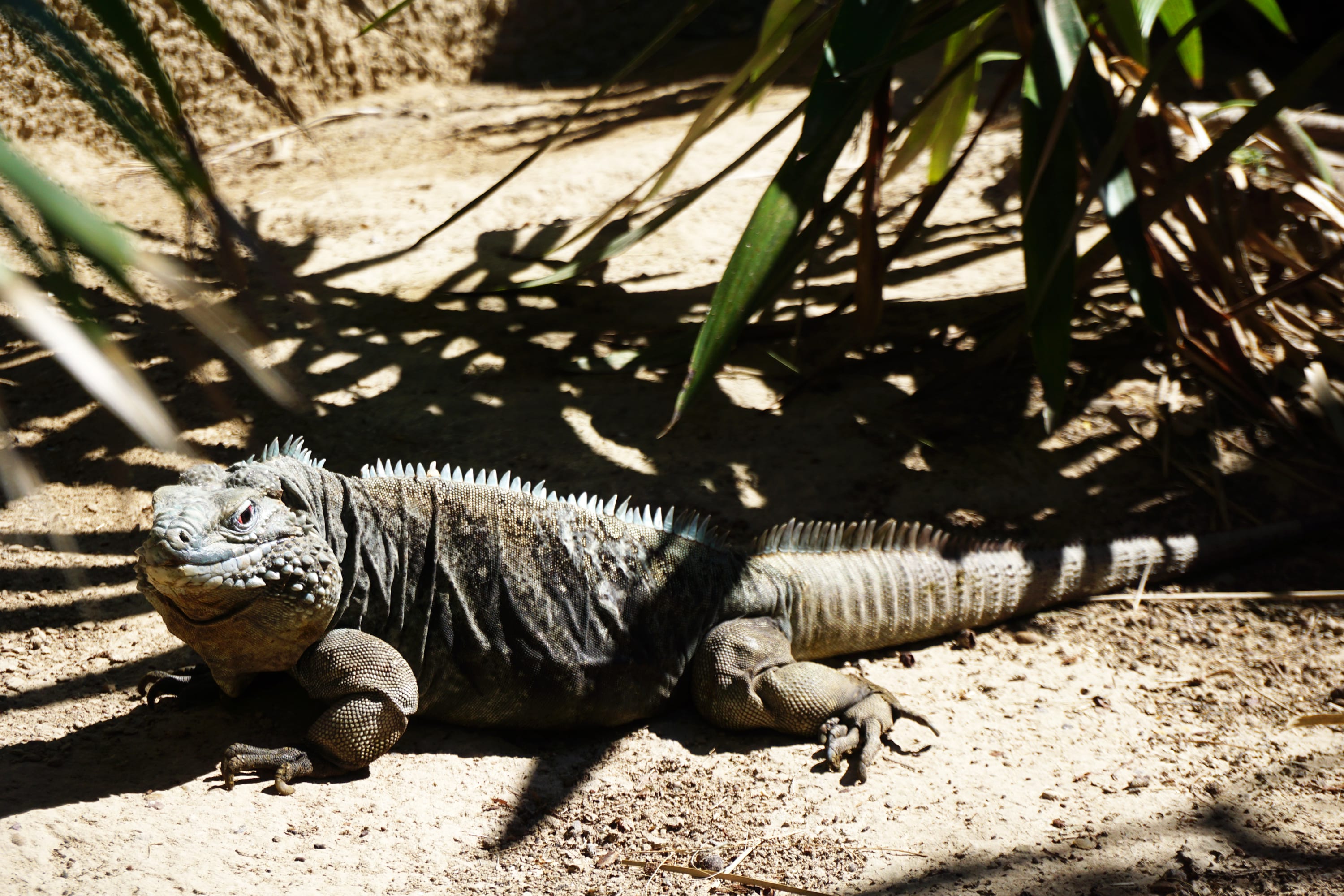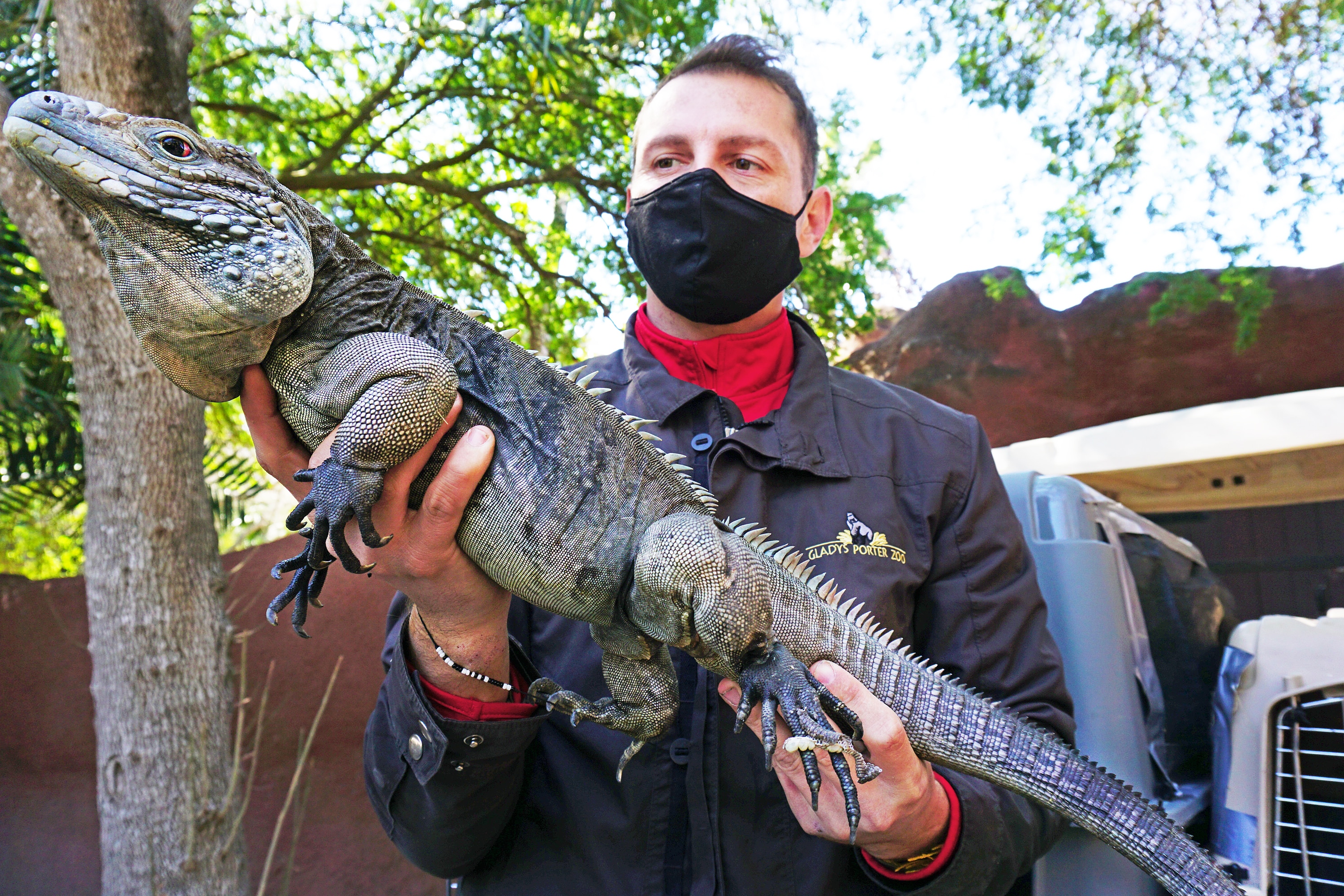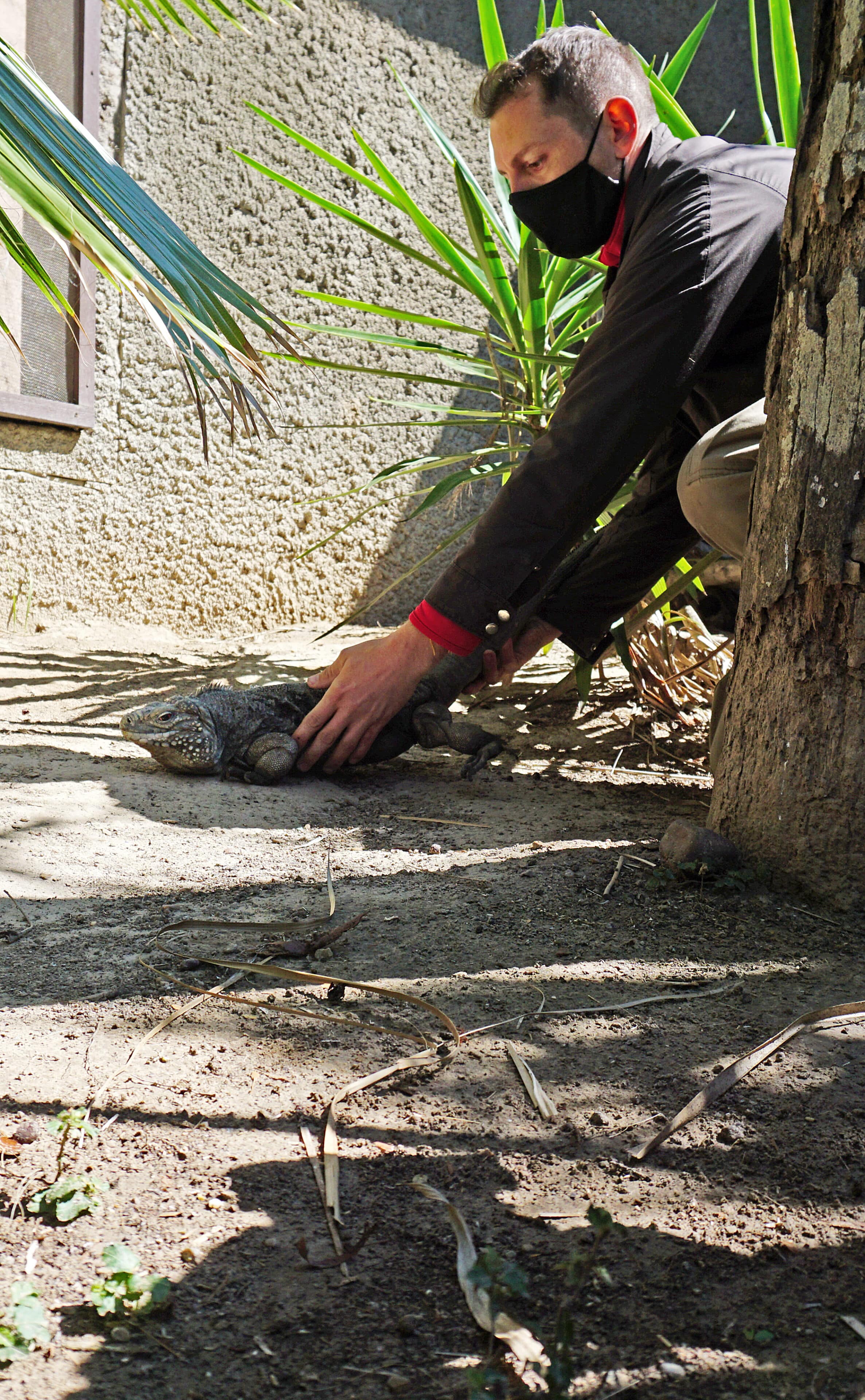Throughout this week, millions of residents throughout the State of Texas were left without electricity, leaving them without heat as the temperatures lowered to less than freezing, Gladys Porter Zoo was no exception.
At the zoo in Brownsville, staff members had to find ways to keep the hundreds of animals warm for the long hours they were without power, as the facility was also part of the rolling blackouts the whole city experienced.
From having staff members volunteer at Sea Turtle Inc., to help save the thousands of cold-stunned sea turtles, to transporting the animals to warmer rooms, the zoo was pretty busy this week.
“The most important thing for the zoo is to make sure that it has plenty of propane on hand, because we are very fortunate to have three generators here,” Colette Adams, deputy director at the zoo, said.

“One actually is a natural gas generator that runs our aquarium and part of our reptile house. So, the most critically important thing during power outages is to keep oxygen going to all of our aquarium animals. We never lost power, not even a hiccup over there. Nonetheless, we had rolling power outages that lasted as long as 12 hours.”
Adams said that while it was pretty difficult to figure out if they were part of rolling outages or just out of electricity, the Brownsville Public Utilities Board made it easier by updating the community on its Facebook page. She said while it was rougher for some animals to have their power turned off and then on, it was way better than having no power at all.
“While we didn’t have a prediction as to how long the power was going to be off, there was some security in knowing that they were turning it off and it was going to come back on,” she said.
“While I would say that it was rougher on some of the animals that weren’t under generator power, to have their power turned off and then turned on, it was way better than having no power at all. Because our buildings here are very well insulated, very thick. Once those buildings are heated up, they retain that heat for some time.”

Adams said they got a little worried about the komodo dragons and on Tuesday, they were placed in crates and taken to the aquarium so they could stay warm under generator power. She added that after the fish, the most delicate animals are the pangolins.
“Our most delicate animals after the fish are our pangolins, they come from Equatorial Africa and have absolutely no defense whatsoever against cold temperatures,” she said. “When that building started losing heat, we just decided that we would put them in their building while they ate and give them some exercise and then we crated them up as soon as they lost power and brough them to our animal health center, which also has generators.”
Recognizing the importance of the community coming together to help each other, Adams said staff and keepers volunteered at Sea Turtle Inc. to help save the thousands of cold-stunned sea turtles.
“We could spare staff to go and help with the Sea Turtle Rescue, so our veterinary staff, was checking here in the morning, the would do what they needed to do with the zoo animals and they would head out to Padre Island. As did quite a few of our keeper staff,” she said.

“They helped from everything from picking turtles on the beach that needing to be rescued and brought to the event center to putting lubricant on the turtles eyes.”
Looking back, Adams said the pandemic and the extreme cold weather has made her realize that if you have good people working on the ground, there’s nothing you can’t do.
“Starting in February of 2020, up to this very moment, what I have learned is that you better be ready to improvise. There are some disasters that you can plan off and there are others that you just cannot,” she said.
“The lesson learned is something that I’ve always known: if you got good people working on the ground, there’s nothing you can’t do.”



